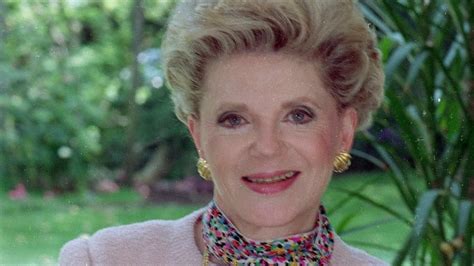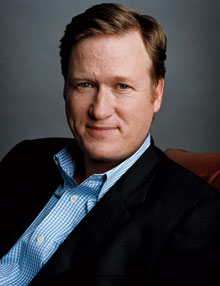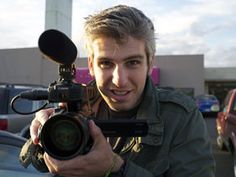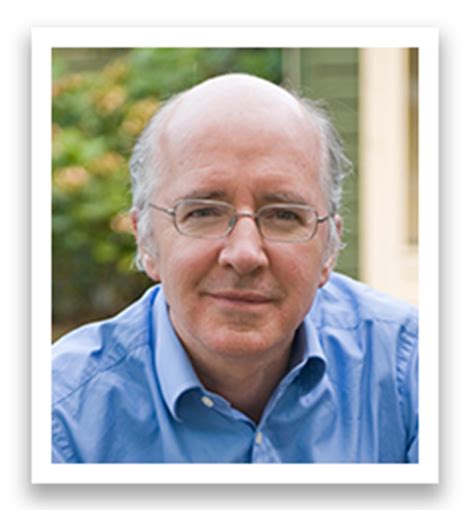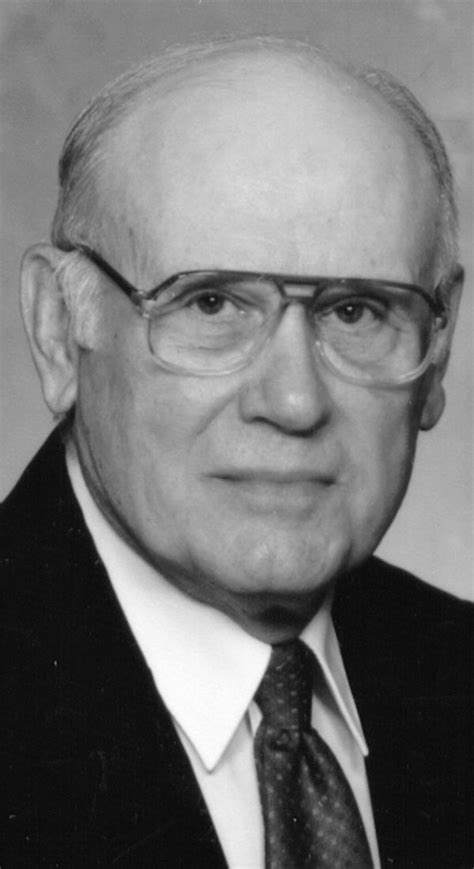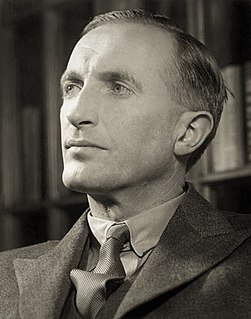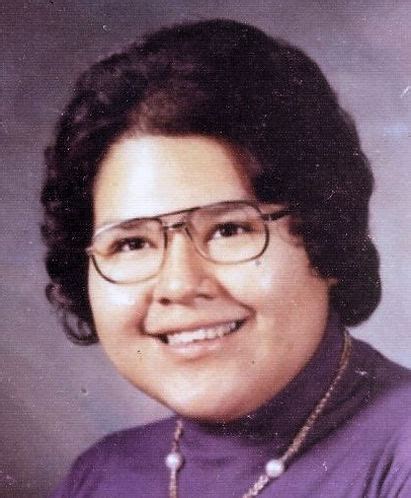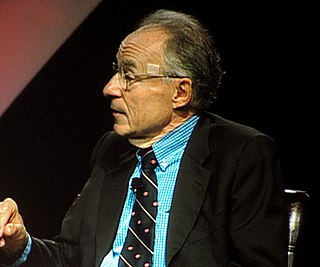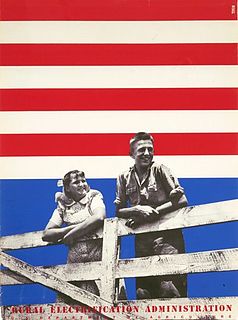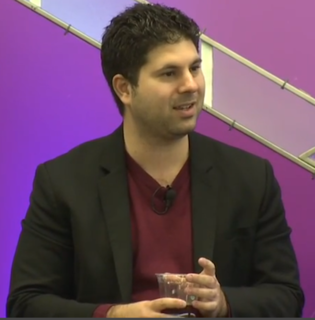Top 1200 Creative Nonfiction Quotes & Sayings
Explore popular Creative Nonfiction quotes.
Last updated on April 21, 2025.
Fiction and nonfiction are not so easily divided. Fiction may not be real, but it's true; it goes beyond the garland of facts to get to emotional and psychological truths. As for nonfiction, for history, it may be real, but its truth is slippery, hard to access, with no fixed meaning bolted to it. If history doesn't become story, it dies to everyone except the historian.
I think the term "artist's novel" for me has referred to writing which supports an art practice or a more specifically a particular artwork or project. The nonfiction novellas and nonfiction novel I have written play a role in my artwork as objects - which I will return to, but I write the books to exist autonomously.
I write fiction longhand. That's not so much about rejecting technology as being unable to write fiction on a computer for some reason. I don't think I would write it on a typewriter either. I write in a very blind gut instinctive way. It just doesn't feel right. There's a physical connection. And then in nonfiction that's not the case at all. I can't even imagine writing nonfiction by hand.
I never really understood the idea that nonfiction ought to be this dispensary of data that we have at the moment. Also, roughly around the time we were doing this fact-checking. And I never really understood why people think what nonfiction's job is to give them information as opposed to something else.
Do you think of yourself as a creative personality? If you do, you are both fortunate and correct, in fact the beautiful truth is that everyone is creative and we all have the ability to develop our creative potential. It is wise to remember that the person who follows the crowd will get no further than the crowd. The person who walks the creative path is likely to find they are in places no one has ever been before.
I think, about the distinction between fiction and nonfiction. Fiction is not really about anything: it is what it is. But nonfiction - and you see this particularly with something like the BBC Samuel Johnson Prize for Non-Fiction - nonfiction we define in relation to what it's about. So, Stalingrad by Antony Beevor. It's "about" Stalingrad. Or, here's a book by Claire Tomalin: it's "about" Charles Dickens.
When you're researching things that have happened, the clear narrative arc is not there already. This is the problem of writing nonfiction for me - writing nonfiction which is about serious subjects and has serious political and social points to make, yet which is meant to be popular to a degree - what happens when the facts don't fit a convenient narrative arc? I guess that for a lot of nonfiction writers that is a central challenge.
People equate job titles to levels of creativity. We think that musicians are creative while accountants are not. Job title has nothing to do with human creativity. In fact, we all have enormous creative potential. Even those that often state with authority that "I'm not creative." With a systematic approach to building creative capacity, we all have the opportunity to create and leave a mark on the world.
I discovered that I, a writer of what is known as creative nonfiction, could do the research and bridge the gap in my books and lectures through true storytelling. This is not 'dumbing down' or writing for eighth graders. It is writing for readers across cultures, age barriers, social and political landscapes.
Fiction seems to be more effective at changing beliefs than nonfiction, which is designed to persuade through argument and evidence. Studies show that when we read nonfiction, we read with our shields up. We are critical and skeptical. But when we are absorbed in a story, we drop our intellectual guard. We are moved emotionally, and this seems to make us rubbery and easy to shape.
As I started to read nonfiction in the mid '70s, I discovered, holy cow, there was a lot of imaginative nonfiction. Not the kind where people use composite characters and invented quotes. I hate that kind of nonfiction. But imaginative in the sense that good writing and unexpected structure and vivid reporting could be combined with presenting facts.
Inexperienced fiction and creative nonfiction writers are often told to show, not tell - to write scenes, dramatize, cut exposition, cut summary - but it can be misguided advice. Good prose almost always requires both showing and telling, scenes and summary, the two basic components of creative prose
Nonfiction narratives are really powerful and valid in themselves. But one thing that you don't get sometimes from the more clinical or academic books or nonfiction books is that you don't get to hear the person's voice; you don't get them as individuals. You get a few quotes and you hear them as sort of a case study: numbers, examples, anecdotes, maybe a paragraph here, and that's about it.
What you really have to do, if you want to be creative, is to unlearn all the teasing and censoring that you've experienced throughout your life. If you are truly a creative person, you know that feeling insecure and lonely is par for the course. You can't have it both ways: You can't be creative and conform, too. You have to recognize that what makes you different also makes you creative.
The word 'creative' refers simply to the use of literary craft in presenting nonfiction—that is, factually accurate prose about real people and events—in a compelling, vivid manner. To put it another way, creative nonfiction writers do not make things up; they make ideas and information that already exist more interesting and, often, more accessible.














